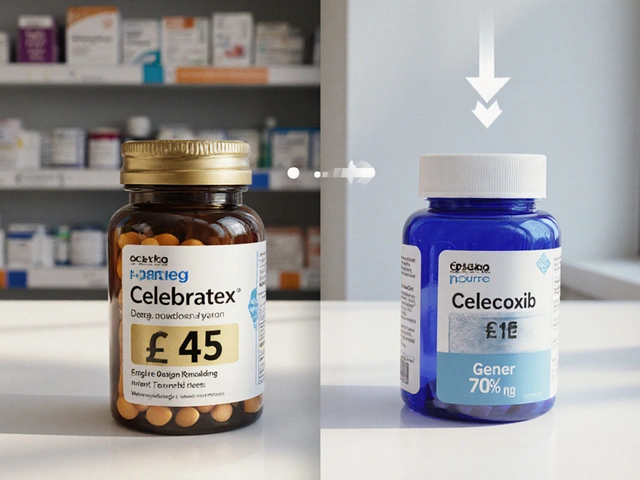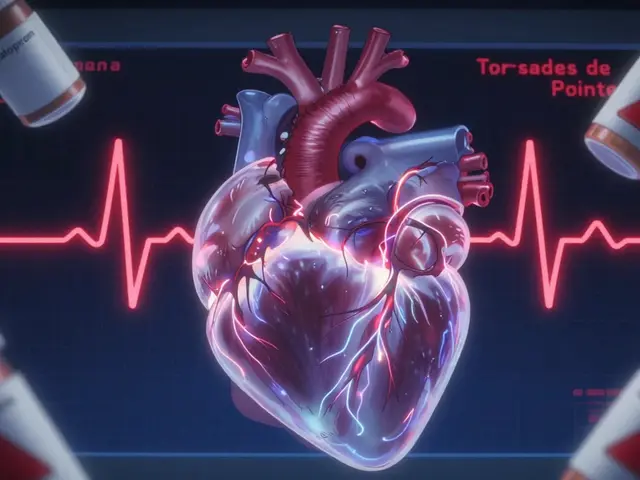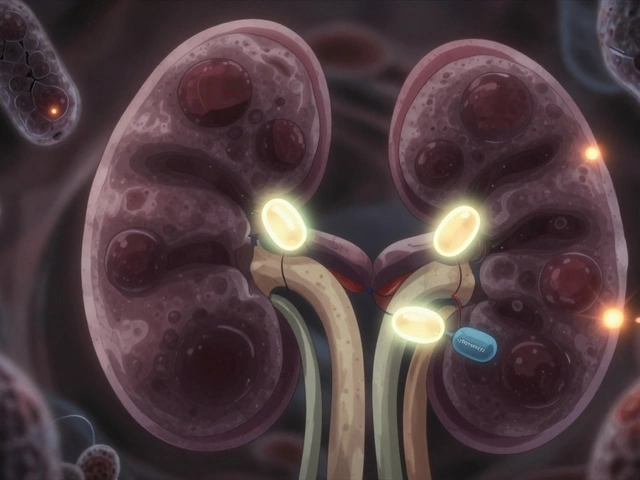WADA Explained: What the World Anti-Doping Agency Does and Why It Matters
If you watch sports, you’ve probably heard the name WADA tossed around when athletes fail a drug test. But what exactly does WADA do, and why should anyone care? In plain terms, WADA is the global watchdog that writes the rules against performance‑enhancing drugs and makes sure they’re followed. It’s all about keeping the competition fair and the health of athletes safe.
How WADA Sets the Rules
Every year, WADA updates a massive document called the Prohibited List. This list tells you which substances and methods are banned, from anabolic steroids to blood‑doping tricks. The list isn’t random – scientists, doctors, and legal experts review the latest research and decide what could give an unfair edge or harm a competitor. Once the list is published, national anti‑doping agencies and sports federations adopt it, so the same standards apply worldwide.
WADA also creates the World Anti‑Doping Code. Think of it as the rulebook that explains how testing should be done, what penalties look like, and how athletes can appeal decisions. The code tries to balance strictness with fairness, giving athletes a clear path if they’re accused of a violation.
How Testing Works and What It Means for Athletes
Testing isn’t just a random urine sample in a lab. WADA coordinates a network of labs that follow exact procedures, from sample collection to analysis. Athletes can be tested in‑competition (during an event) or out‑of‑competition (anytime, anywhere). Random testing keeps the system unpredictable, which discourages cheating.
If a sample tests positive, the athlete faces a provisional suspension while the case is reviewed. Penalties range from warnings to multi‑year bans, depending on the substance and circumstances. However, WADA also offers a Therapeutic Use Exemption (TUE) for athletes who need a banned medication for a genuine medical condition. Getting a TUE is a paperwork process, but it protects athletes from unfair punishment.
For fans, understanding WADA’s role helps make sense of headlines about doping scandals. It shows that the sports world isn’t turning a blind eye; there’s a structured system attempting to catch cheats and protect clean competitors.
In short, WADA writes the anti‑doping rulebook, updates the banned list, runs the testing network, and enforces penalties. It’s the invisible force that tries to keep sports honest and athletes healthy.
Whether you’re an athlete, a coach, or just a curious fan, knowing how WADA works lets you appreciate the effort behind a clean competition. The next time you hear a doping story, you’ll have a better idea of the process that led to that headline.
Athletes, Beta-Blockers, and WADA Rules: Legal Heart-Rate Control and Safe Supplements
Explore how athletes navigate beta-blocker restrictions under WADA, discover legal heart-rate control methods, and find safe supplement strategies for sports.






